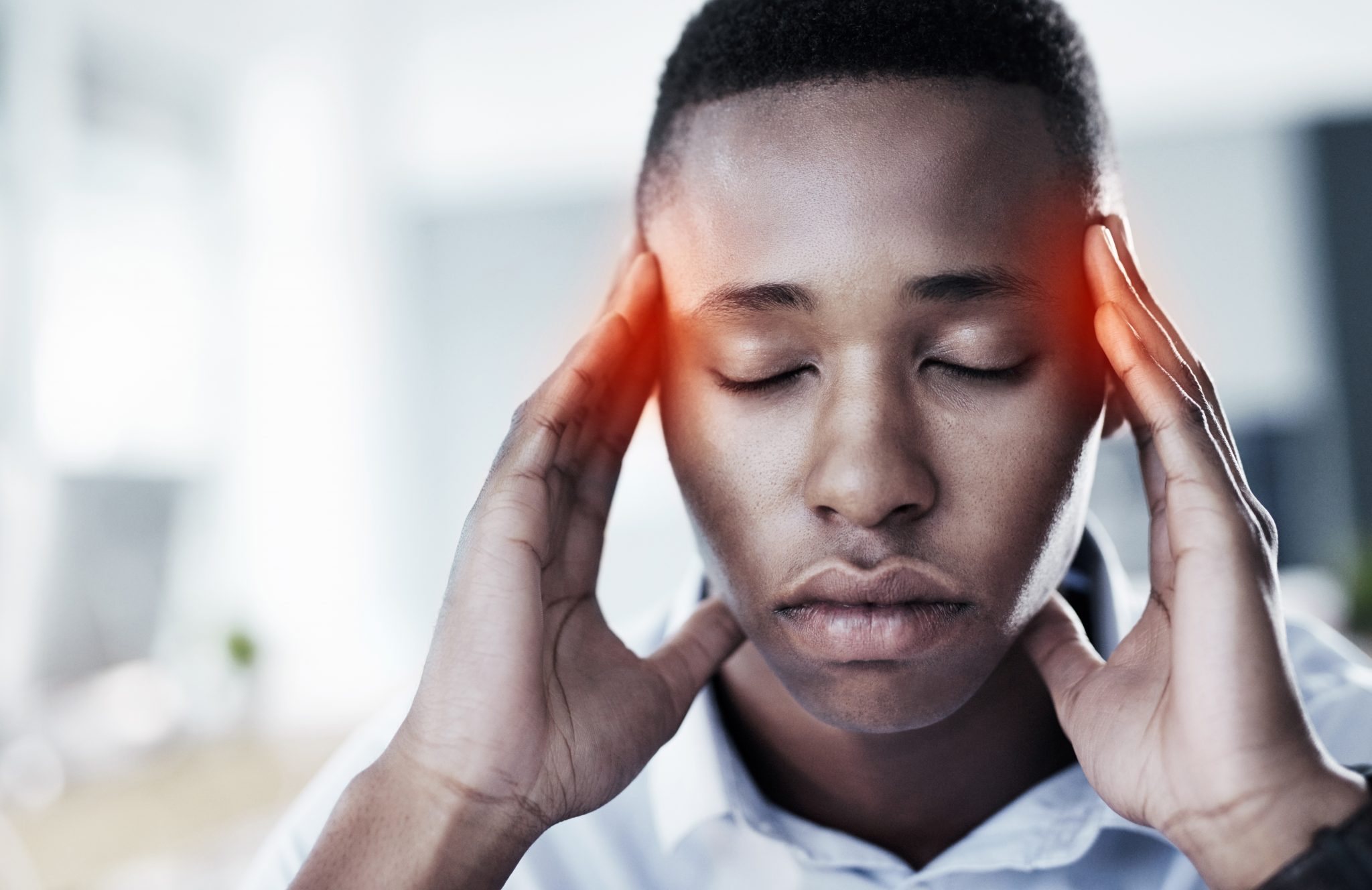Health

The term stressful situations refers to events that families find problematic. These events may occur often, such as getting the kids off to school, dealing with work issues, arguing with friends or family, or experiencing social media overload.
Traumatic Situations or Events
Traumatic situations or events can be considered major life stressors. These events can make you feel helpless or afraid and may include surviving a natural disaster, such as a flood or tornado, experiencing the death of a family member, taking care of a sick family member, being physically abused, or getting fired from a job.
When people experience traumatic events, they usually do not have time to prepare for them.
Post-Traumatic Stress Reactions
Post-traumatic stress reactions occur in approximately 20 to 30 percent of people who experience a traumatic event. They may make you feel as if you cannot conduct your daily activities, such as getting out of bed, going to work, or being around those you love. When stress feels like it is piling up and you feel overwhelmed, professional assistance may be required to help you get back to enjoyable activities.
Fast Facts about Stress
- Stress experiences may differ among people and change over time.
- This is especially true if the stressful life event is ongoing, such as chronic illness or financial problems.
- Stress is common—most people experience stress.
- Sometimes stressful events make you grow stronger, and sometimes there are lingering “scars” from the stress or trauma. These include having flashbacks or avoiding things that remind you of the event.
- You can cope with stress by sticking to your daily schedule, developing new skills, and learning new ways of coping.
- Sometimes professional assistance may help you learn coping skills, especially if you are having a difficult time working through the stressful or traumatic event.
Signs that You Might Be Stressed
- Change in appetite.
- Difficulty sleeping.
- Avoiding stressful situations.
- Difficulty concentrating or completing tasks.
- Feeling nervous or scared.
- Feeling irritable or annoyed.
- Feeling like you want to cry.
- Repeated thoughts of stressful situations or conversations that will not go away.
Negative Impacts of Stress
- Stress and emotions. Stress can influence your emotions and cause lowered self-esteem and feelings of helplessness, anxiety, fear, guilt, shame, anger, rage, numbness, sadness, or defeat.
- Stress and thoughts. Stress can influence your thoughts and cause difficulty paying attention, problems remembering, a lack of confidence, feelings of apathy (not caring about others), problems staying focused, perfectionism, denial and avoidance, preoccupation, and thoughts of harming others or self.
- Stress and behavior. Stress may contribute to behaviors such as impatience, frustration, irritability, agitation or restlessness, withdrawal, moodiness, sleep changes, appetite changes, and accident proneness.
- Stress and health. Stress may lead to negative health outcomes such as shock, sweating, rapid heartbeat, breathing problems, aches and pains, dizziness, lowered immunity, sensitivity to noise, low energy, and increased medical problems.
- Stress and relationships. Stress can affect relationships. You may feel withdrawn from others, a reduced ability to care about others, mistrust, isolation, misplaced anger or blame, intolerance, conflict, and overly protective of the people closest to you.
- Stress and work. Stress can interfere with work by causing low drive, decreased motivation and energy, task avoidance, too much focus on details, loss of interest, negativity, less sensitivity to coworkers, staff conflict, and high numbers of absences.
Overcoming Stress
- Recognize how your body responds to stress—irritability or anger, trouble sleeping, feelings of sadness that will not go away, headaches.
- Practice deep-breathing exercises, engage in physical activity, maintain sleep hygiene, and eat a healthy diet.
For other techniques, see Alabama Extension’s “Managing Stress: A Checklist for Individuals Experiencing Stress or Traumatic Situations.”
Managing Stress Requires Action Now and a Commitment for the Future
- Stress management skills help most when used routinely, but it can be hard to remember to use these skills.
- Practicing stress management skills will help you get better at handling stress.
- Practicing bad behaviors will cause you to get better at them too. So avoid them!
- If you deliberately practice positive skills, you are more likely to remember that you have those tools in your toolbox.
Never be ashamed to seek professional help from a licensed counselor, therapist, or psychologist. He or she may be able to help you build or improve on these life skills.
National and State Resources
National Suicide Prevention Lifeline
(1-800) 273-8255
Disaster Distress Helpline
(1-800) 985-5990
Youth Mental Health Line
(1-888) 568-1112
Child-Help USA
(1-800) 422-4453 (24-hour toll free)
Coping With Stress
National Crisis Hotline
(1-800) 273-TALK (8255)
Alabama Department of Public Health
(1-800) 252-1818
2-1-1 Connects Alabama
Dial 211 or (888) 421-1266
Download a PDF of Managing Stress: Guide for Understanding Stressful Situations, FCS-2335.

